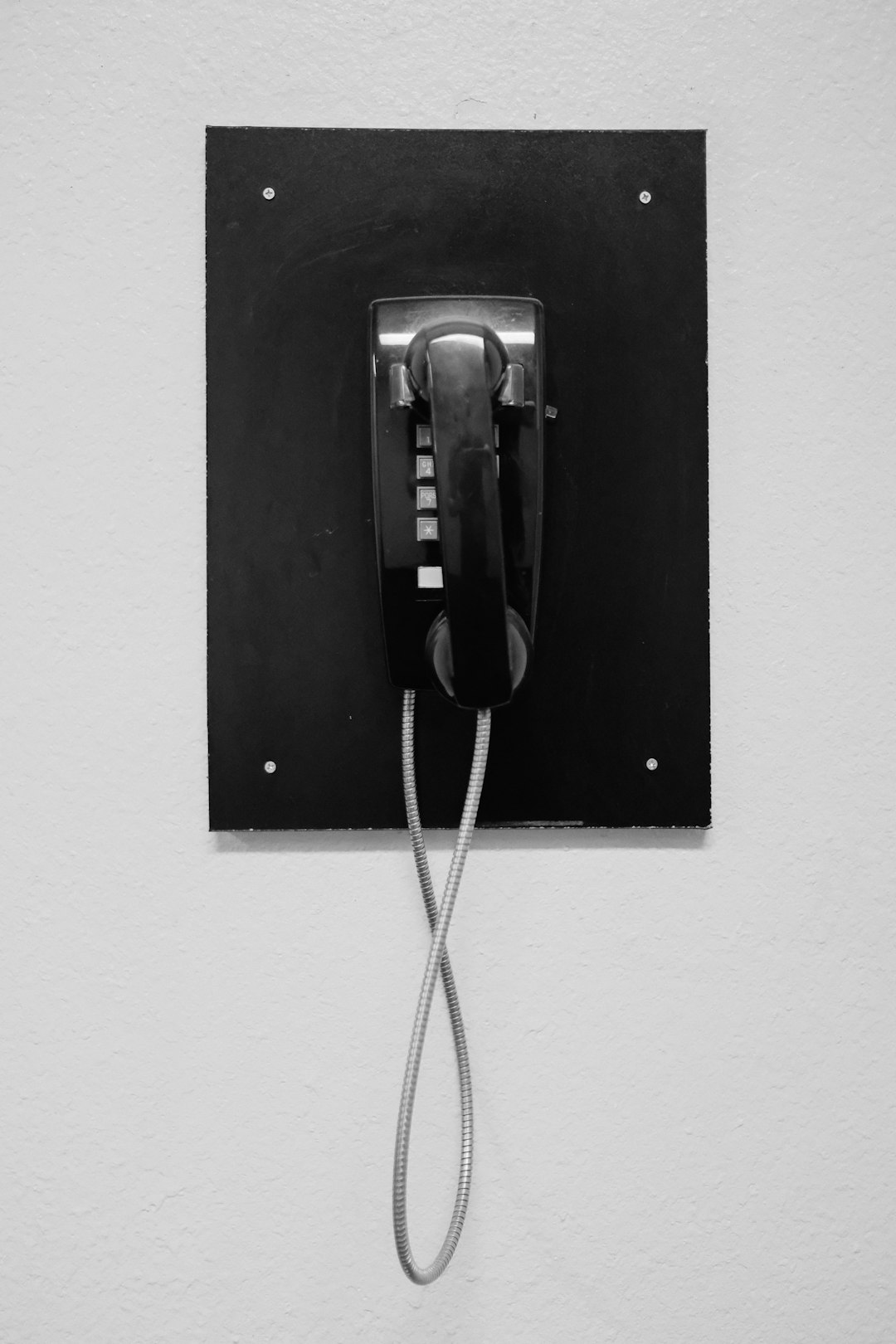Robocalls, automated phone calls delivering pre-recorded messages, have become a nuisance in Florida due to advancements in target marketing technology. Floridians have powerful legal protections against unwanted robocalls through the Telephone Consumer Protection Act (TCPA). Consulting with an unwanted call attorney specialized in TCPA regulations is crucial for blocking future calls, seeking damages, and holding responsible parties accountable. Effective strategies include registering on the National Do Not Call Registry, using call-blocking apps, minimizing personal information sharing, and seeking legal aid from Florida attorneys specializing in robocall issues.
In the digital age, Floridians are increasingly plagued by robocalls, unwanted telephone marketing calls that can be frustrating and invasive. This article delves into the growing prevalence of robocalls in Florida, exploring their impact on residents’ daily lives. We examine the legal landscape surrounding these calls, focusing on protections offered by Florida’s consumer protection laws and the Telephone Consumer Protection Act (TCPA). Additionally, practical strategies are provided for Floridians to combat robocalls effectively, empowering them to regain control of their communication channels. For those facing excessive or illegal robocalls, consulting with an unwanted call attorney in Florida is advised.
Understanding Robocalls and Their Prevalence in Florida

Robocalls, short for robotic calls, have become a prevalent and often unwanted nuisance for Florida residents. These automated phone calls are typically used by businesses or organizations to deliver pre-recorded messages en masse, reaching countless Floridians daily. With advancements in technology, robocallers can now target specific demographics, making their marketing strategies more effective but also raising concerns among citizens. In Florida, as in many other states, the high volume of robocalls has sparked debates about consumer privacy and protection.
Many residents turn to their trusted Unwanted Call Attorney Florida to combat this growing issue. These legal professionals specialize in navigating the complex regulations surrounding robocalling practices, ensuring that businesses adhere to fair and transparent communication standards. By understanding the mechanisms behind robocalls and their widespread impact, Floridians can take proactive measures to safeguard their personal phone lines and reduce the frequency of these intrusive calls.
The Legal Perspective: Protecting Residents from Unwanted Calls

In Florida, residents have legal protections against unwanted calls, particularly from robocalls. The Telephone Consumer Protection Act (TCPA) restricts automated phone systems and prerecorded messages, giving citizens the right to sue for damages if they receive such calls without prior consent. For Florida residents facing persistent or abusive robocalls, consulting with an experienced unwanted call attorney can be a crucial step in protecting their rights.
These legal experts specialize in navigating the complexities of TCPA regulations and can help determine whether a caller has violated a person’s privacy. With the ever-evolving nature of telemarketing tactics, staying informed about one’s rights is essential. An unwanted call attorney in Florida can guide residents through the process of seeking relief, including blocking future calls, obtaining damages, and holding culprits accountable.
Strategies for Residents to Combat Robocalls Effectively

Many Florida residents are frustrated by the frequent occurrence of robocalls, which can be particularly annoying and even harmful. To combat this issue effectively, several strategies can be employed. One powerful tool is to register on the National Do Not Call Registry. This federal list helps prevent marketing calls from certain companies, offering some relief from unwanted advertisements. Additionally, Florida residents should consider seeking legal aid from an unwanted call attorney; these specialists can provide guidance and represent individuals in resolving issues with robocalls, ensuring their rights are protected.
Another effective method is to use call-blocking apps or software designed to identify and prevent robocalls. These tools learn patterns of spam calls and can automatically block or filter them. Residents can also take proactive steps by being cautious about sharing personal information over the phone. Avoiding unsolicited calls, especially from unknown numbers, can significantly reduce the risk of receiving robocalls.






